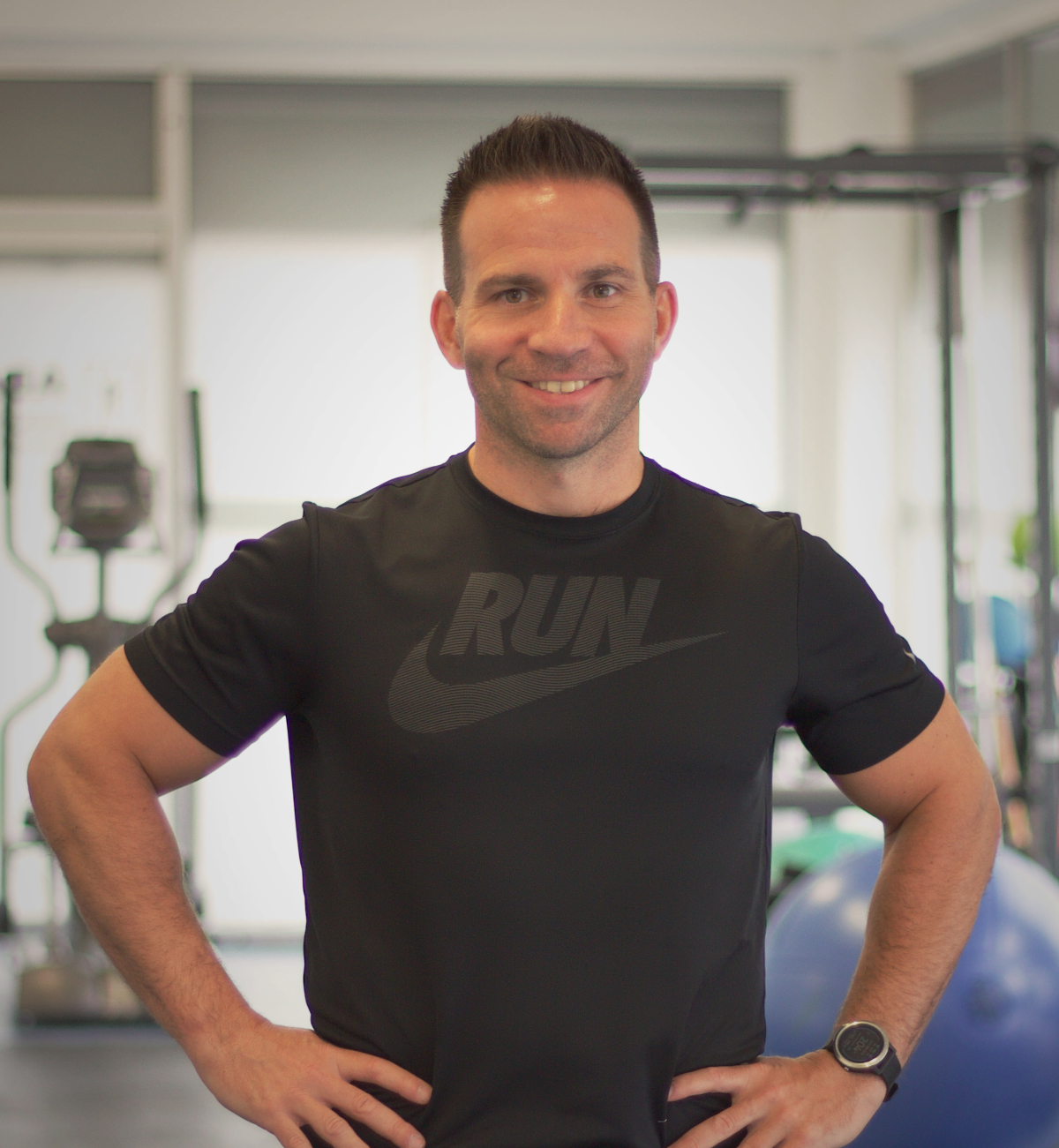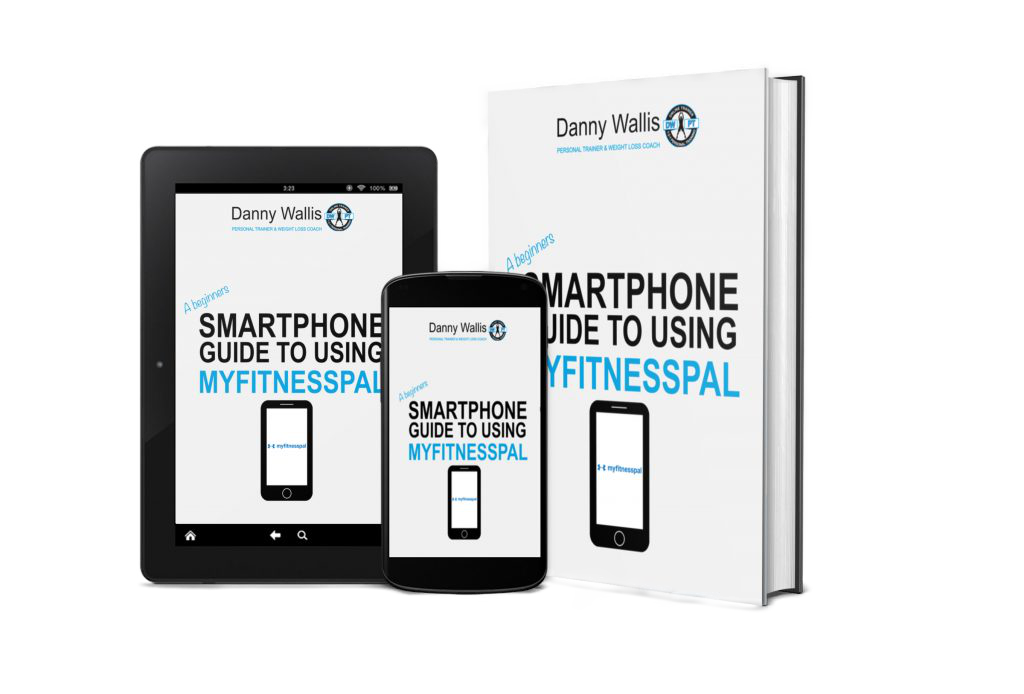So here is a basic fact for you from the get go. Regardless of how hard you train, your food intake will still equate to roughly 70 – 80% of the results that you get (or don’t get) from your training. Nutrition is such a massive, diverse and often controversial subject that as my blog grows over time, I intend to write about lots of the different opinions that are out there and scientifically, what is correct and what has proven to work well both for me and my client base over the last 20 odd years to help inform people of what is actually the best way to eat.
This post is about something a little more thought-provoking; The content of what we eat and why we eat it.
Why We Eat What We Eat
I hear from my clients all the time that they eat unhealthy food because they ‘like it’, ‘deserve it’ or that they ‘need it’. I have never read an anatomy book in my life that describes an anatomical need for the human body to digest a bottle of wine and a Chinese takeaway, three evenings a week. Of course, what they are talking about is an emotional need, not a physical one. Likewise, people also tend to base their diets on what tastes good and what fills them up, rather than having a good understanding of what it actually is that their bodies need nutritionally.
Nutritional Needs
So what do our bodies need nutritionally? Well, for a start we need carbohydrates for energy. Regardless of what you might read about dieting, some carbohydrate in our diet is essential. It’s the type of carbohydrate we eat that’s important.
Starchy carbs like sweet potato, whole wheat breads, whole grain pasta and fibrous carbs like tomato, spinach, asparagus and broccoli are ideal. The second is protein. Protein repairs our bodies after exercise, builds and grows muscle and helps our immune system fight infection and illness.
Examples of good quality proteins are egg whites, fish, soft cheeses (in moderation) and lean white meats such as chicken and turkey. The third is fats. We need fats for energy and for the correct function of our nervous system. Healthy, unsaturated fats of course, but fats none the less. Extra virgin olive oil, almonds, avocado and fish oils are all excellent examples.
Leaning Down
Ideally if you are training to get leaner and increase muscle tone, we need approximately 50% carbohydrates, 30% proteins and 20% fats on a daily basis. That may seem complicated but it simply means that a quarter of your plate is vegetables, a quarter of your plate is starchy carbs and a third of your plate should be your lean meats / fish (or vegetarian based proteins) and the rest is fats. That can be oil to dress a salad or even the fats that you find naturally in your fish, so you don’t always have to purposefully add fats as they can found naturally in your food.
Managing Food In The Real World
The flip side is how the majority of people actually manage their diet in the real world. We all have such busy lives that our food intake is often reactive rather than proactive around managing our jobs, kids and all the things that we get up to that keep us busy with often very little planning of the actual content of what we are eating at all.
It can offer us an emotional crutch when we need it providing short-term comfort when we are feeling down. When we are hungry our mood changes and our subconscious mind that controls our habits sends us off looking for a quick fix from unhealthy sugars and fats to quickly fill us up and make us feel content, often with no regard for the outcome. It’s no wonder obesity is on the rise at the rate that it is.
Creating a Balance
I have a little saying that ‘nobody ever got fat from eating something once’. If you never eat cake apart from once a year on your birthday, its pretty much a certainty that it wont make you fatter. Eat cake everyday and that rule changes however. I actively encourage people to have a little of what they ‘need’ now and then. Life is to short for no indulgencies whatsoever, but take note; you will not change shape and adjust your body without quality nutrition and more importantly, the right intake of calories too.
To summarise, if you are training and have plateaued, or just starting out on your journey of getting a little healthier and fitter, try to employ a little mindfulness the next time you are hungry. Are your choices based on what your body actually needs physically or more upon what you want emotionally?



Thanks again Danny for this thought provoking piece, I am definitely going to try to employ a little mindfulness to control my cravings for something sweet after meals!
It’s my pleasure Marianne, thank you for reading! I appreciate your support and feedback.